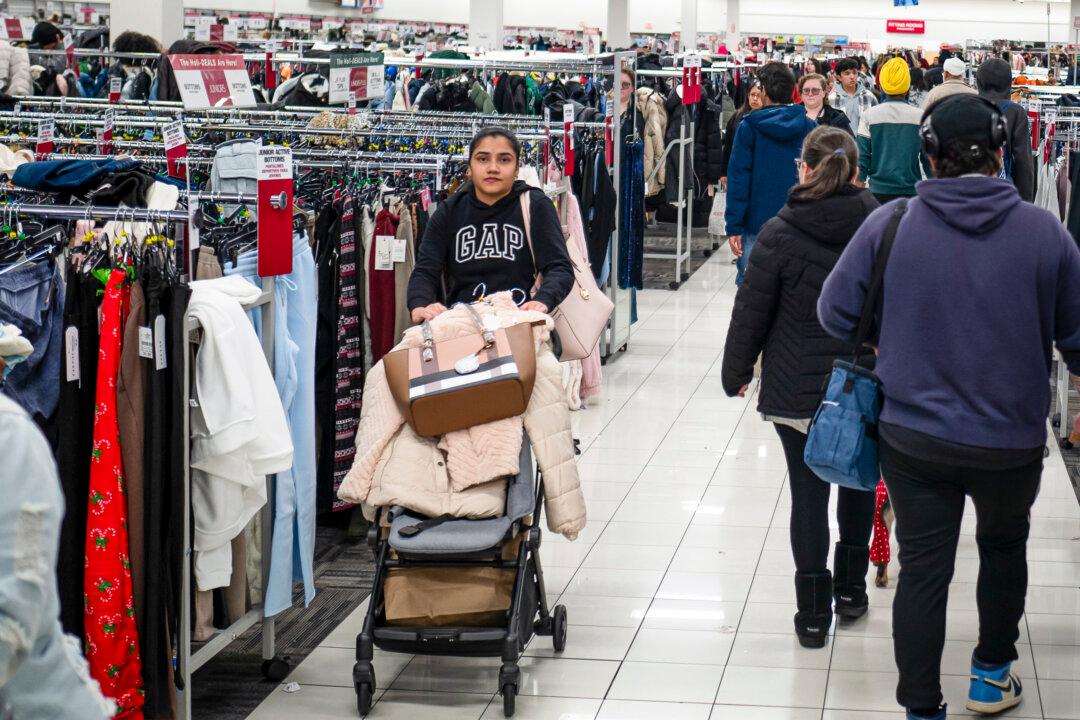Retailers are using private consumer behaviors—such as items left in online shopping carts or patterns of mouse movement on webpages—to customize prices for individual shoppers, according to preliminary findings from the Federal Trade Commission’s (FTC’s) study into “surveillance pricing.”
Preliminary findings from the study, released on Jan. 17, reveal that retailers rely on a wide range of personal data, including location, browsing history, and demographics, to tailor prices. The FTC said these practices raise concerns about transparency and fairness in the marketplace.





